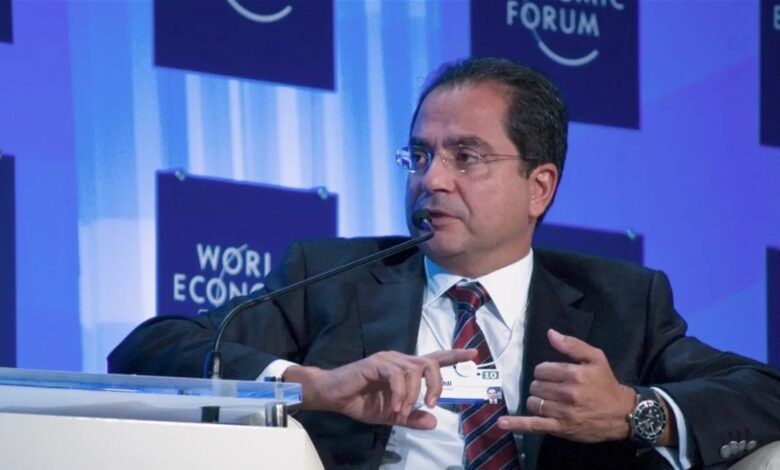
The Minister of Energy and Water, Joe Saddi, held a working meeting with key international donors and organizations to launch a strategic dialogue on the future of the country’s water sector.
The minister announced that the national water sector strategy will be revised. “Valid elements will be retained, gaps will be addressed, and necessary updates will be made,” he said. Saddi explained that this revision would require time and consultation with relevant stakeholders before being presented to the national water authority, which has resumed its activities after being inactive since 2022.
Governance issues were at the heart of the discussions. Saddi emphasized the urgent need to reform the public water establishments, starting with the appointment of new boards of directors—many of which have expired—and the development of clear business plans. He also stressed the importance of strengthening oversight, transparency, and accountability mechanisms.
The minister highlighted alarmingly high rates of violations on the water distribution network, comparable to those in the electricity sector, and called for immediate action. The meeting also addressed plans to digitize ministry and utility services, alongside a review of water tariffs as part of broader reforms.
Sanitation was another key topic. A study is currently underway to assess the performance of wastewater treatment plants, identify investment needs, and develop a targeted action plan.
The status of the country’s dams will also be reviewed to allow for a more integrated and coherent approach to water infrastructure.
The meeting concluded with an agreement on a joint roadmap through the end of 2025, including monthly follow-ups. Saddi welcomed the continued support of international partners, emphasizing their crucial role in advancing water sector reforms in Lebanon.
Participants included representatives from the European Union (EU), USAID, the French Development Agency (AFD), UNICEF, the embassies of the Netherlands and Germany, the German development agency GIZ, the German development bank KfW, and officials from Lebanon’s regional water offices and the Litani Water Authority.



Comments